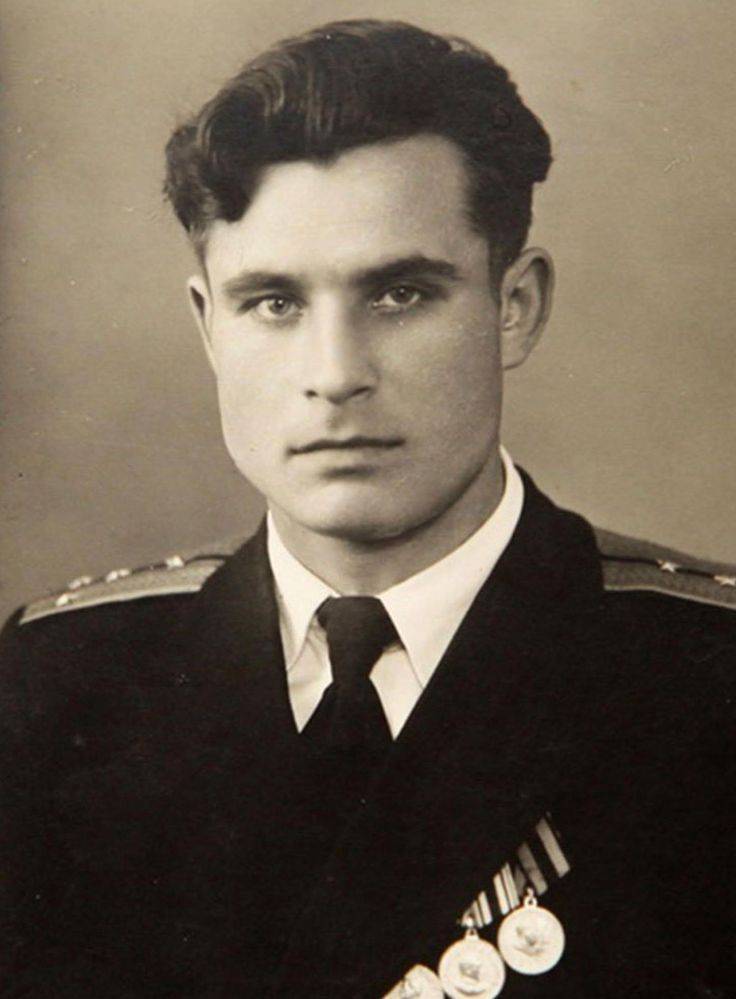Have you ever wondered how close the world has come to ending? Not in some sci-fi blockbuster, but in real life-sweaty, chaotic, human life? Let me take you back to October 1962, when the Cuban Missile Crisis had the planet holding its breath. I was reading about this the other day, and it hit me: one man, a Soviet submarine officer named Vasili Arkhipov, might just be the reason we’re all still here. His story isn’t one of grand speeches or Hollywood heroics. It’s about a quiet choice made in a sweltering submarine, under unimaginable pressure.
Picture this: it’s the height of the Cold War. The U.S. and the Soviet Union are locked in a 13-day staring contest, each with enough nuclear firepower to wipe out civilization. President Kennedy’s on TV, announcing a naval blockade around Cuba after U.S. spy planes spot Soviet missiles just 90 miles off Florida’s coast. Tensions are razor-thin. One wrong move, and-poof-global catastrophe. Meanwhile, beneath the Caribbean waves, Soviet submarine B-59 is cornered by U.S. destroyers dropping depth charges. The Americans don’t know the sub carries a nuclear-tipped torpedo. One shot from that, and the world could spiral into chaos.
Inside B-59, conditions are hellish. The sub’s diesel engines are struggling, and the batteries are nearly dead. The Caribbean water heats the vessel like an oven-113°F in most compartments, 140°F in the engine room. No air conditioning, because these subs were built for colder waters. The crew’s skin is breaking out in rashes and ulcers. They’re dehydrated, breathing stale air, and haven’t heard from Moscow in days. To them, the depth charges exploding nearby sound like the start of war. I can’t even imagine the panic. Have you ever been stuck somewhere-say, a broken-down elevator-and felt that claustrophobic dread? Now add the fear of nuclear annihilation.
The sub’s captain, Valentin Savitsky, is losing it. He thinks the U.S. is attacking. “We’re going to blast them now,†he reportedly shouted. “We will die, but we will sink them all.†He orders the nuclear torpedo armed. My heart races just typing that. One torpedo, 15 kilotons of destruction, could’ve triggered a chain reaction-retaliation, escalation, apocalypse. But here’s where the story turns. Soviet protocol required three senior officers to agree on launching. Two say yes. Then there’s Vasili Arkhipov, the flotilla commander on board, equal in rank to Savitsky.
Arkhipov says no.
We don’t know exactly what he said. His wife later described him as gentle, a man of calm conviction. Maybe he pointed out that the depth charges weren’t hitting the sub-just signaling it to surface. Maybe he just stood his ground, refusing to let panic win. Whatever it was, his words-or maybe just his steady presence-convinced Savitsky to back down. The torpedo wasn’t fired. The sub surfaced, met a U.S. destroyer, and eventually limped back to Russia. The Americans, by the way, had no idea about the nuclear warhead until decades later, at a 2002 reunion of veterans from both sides. Talk about a close call.
What gets me is how human this moment was. No capes, no fanfare. Just a guy in a sweaty uniform, making a call under pressure most of us can’t fathom. Arkhipov wasn’t new to high-stakes decisions, either. A year earlier, on the K-19 submarine, he’d helped avert a nuclear reactor meltdown, exposing himself to radiation that likely caused the kidney cancer that killed him in 1998. The man was a walking lesson in keeping cool when the world’s on fire.
But here’s the thing-why don’t we talk about him more? Schools teach us about Kennedy and Khrushchev, but Arkhipov’s name barely gets a footnote. Maybe it’s because his heroism was quiet, not flashy. Or maybe it’s because we don’t like to admit how much of history hinges on one person’s choice in a fleeting moment. I mean, think about it: one stressed-out captain, one miscommunication, and I might not be writing this, and you might not be reading it.
Reading about Arkhipov made me reflect on the little choices we make under pressure. Like the time I snapped at a coworker during a deadline crunch, only to realize later they were just trying to help. Or when I took a deep breath before responding to a heated family argument, and it changed the whole conversation. None of us are stopping nuclear wars (hopefully), but those split-second decisions-to pause, to think, to stay calm-can ripple in ways we don’t see.
The Cuban Missile Crisis ended with a deal: Khrushchev pulled the missiles from Cuba, Kennedy promised not to invade, and the U.S. quietly removed its own missiles from Turkey. A year later, the U.S., U.K., and Soviet Union signed a partial nuclear test ban treaty. Arkhipov? He got a promotion, no reprimands. But his story stayed buried for years, only surfacing fully in the 2000s. Thomas Blanton, a former director at the National Security Archive, put it simply: “Arkhipov saved the world.â€
I’m left wondering about the Arkhipovs out there today. In a world of tense standoffs-political, environmental, technological-who’s quietly holding the line? And what about us? Maybe heroism isn’t always about big gestures. Maybe it’s about staying steady when everything’s screaming at you to lose it. So, here’s my question for you: when was the last time you made a choice, big or small, that changed the course of a moment? Bet you’ve got a story worth telling.




No comments yet
Be the first to share your thoughts!